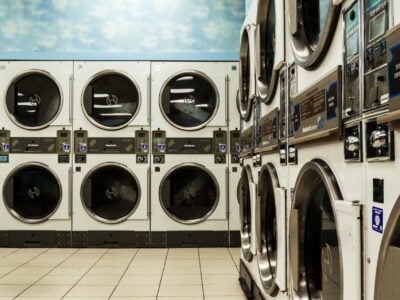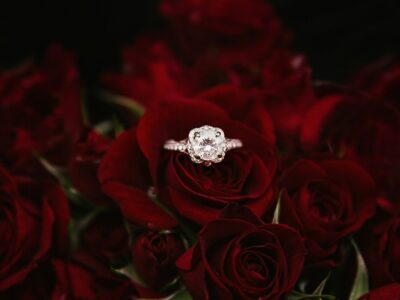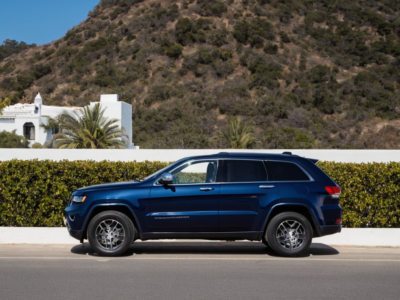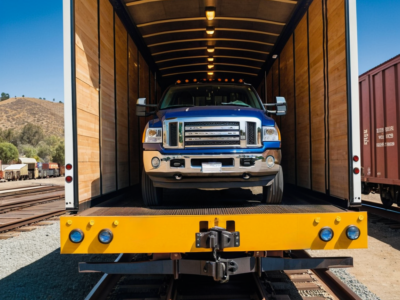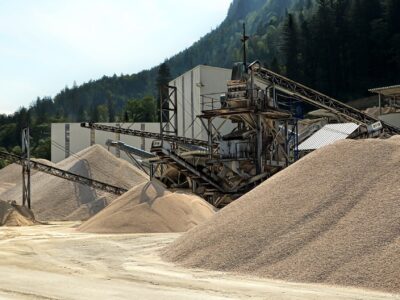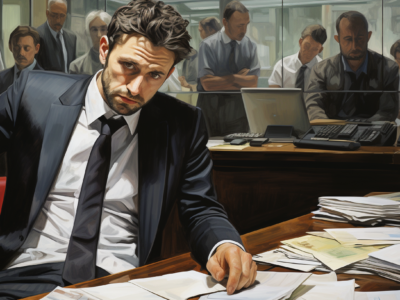Founder of Diesel, president of the OTB group, Renzo Rosso is one of the richest men in Italy, a star of social networks and a born entrepreneur. Since I was a child.
According to Forbes magazine, Renzo Rosso, 64, with 7 children, has a fortune of around four billion euros. He is a star of social networks. Reputation Manager, an online reputation monitoring service, crowned him the third businessman in Italy in terms of online presence. On the Web, in fact, the brilliant Paduan presents corporate initiatives, his social commitment (including the construction of a village in Mali) and the episodes of his private life. He confirms himself to be very attentive to the world of young people, to the dynamics of his consumers, to the taste of the public to whom his companies turn.
“I never think with statistics, but I form my ideas by talking to people, looking carefully at what surrounds me, being on the Web,” reads Redvolution. Life and thought of Renzo Rosso, the man who created the Diesel empire (Marcianum Press).
A precocious businessman
Born in the countryside into a peasant family, Rosso immediately proved to be a precocious businessman. When he is still in middle school he improvises as a rabbit breeder, while the first trousers, made on his mother’s sewing machine, he created when he was just 15 years old. With that model, Rosso immediately understands that being original is a value. Because he has sewn and worn his jeans, he receives a lot of requests from his companions: so he begins to make more for sale.
Enrollment at the University of Economics in Venice does not last long: called by the man considered the phenomenon of Italian jeans at the time, Adriano Goldschmied, Rosso in 1976 abandoned his studies to become a production technician for a clothing laboratory in which they worked 18 people. The experience is enlightening: both for the closeness to an entrepreneur from whom Rosso still claims to have learned everything about the trade and for the life lesson.
The birth of the Diesel brand
Fired by Goldschmied with the reproach of being too lazy, Rosso raises by asking to be hired again with a pay in proportion to productivity: a gimmick that allows him to increase his salary tenfold in a month. After only two years of work, he founded the Diesel brand: the name seemed very far from the world of glamor, but for its creator it was simple, pronounceable in the same way all over the world and gave the idea of saving energy in exchange for a higher yield.
The logo was a manifesto of intent: the companies in the sector were inspired by the world of the American Indians, Diesel adopts a “metropolitan Indian punk” to catapult into the future.
Target America
Becoming a partner of Goldschmied thanks to a loan from his father, Rosso in 1985 bought 100% of Diesel, in which less than 20 people worked, mainly dedicated to the production of jeans, alongside casual clothing. Turnover was already 5 billion lire, total commitment to make it grow, with Rosso’s personal visit to the stores where he asked for even just a meter of display, with the promise to pay the difference in profitability in the event of unsold.
How to diversify from competitors? Rosso senses that a sensation must be communicated to the public and to do so he focuses on vintage. Thus was born stone washed jeans (washed with stones, ed), treated to age their appearance. But tears and holes were not part of the mentality of the Italian traders, who sent them back to the company considering them defective. Give up? Never. Better to go to the wolf’s den, that is the USA, where historical jeans brands such as Levi’s and Wrangler dominated the market. A bit like saying, selling ice to the Eskimos.
It was 1992 and overseas high-end jeans cost $ 52, but the price of the Diesel immediately was 100 because, according to Rosso, they were those produced with the most advanced technologies. In short, Diesel’s Cheyenne model had become the object of desire in Palo Alto, California, where it cost $ 250. The earnings were reinvested immediately, opening the Pelican Hotel in Miami: a brand diversification strategy, now beaten by all the big names in fashion.
A polo for fashion
In 1995 Diesel already sells online. The turnover, in 10 years of activity, had grown by 11 thousand%. In 1998, the turnover was 1,000 billion lire: after gathering all the collaborators in a theater, he wrote a check for one million lire each. 2000 marks the purchase of Staff International, the manufacturer and licensee of brands such as Vivienne Westwood. Then he buys niche companies such as Marni and Martin Margiela and, in 2008, opens the holding company Only The Brave. Because since 1976, the direction had always been the same: upwards.



